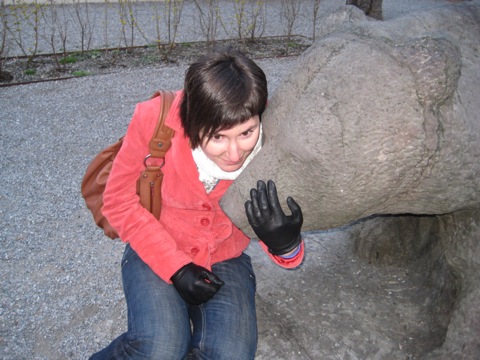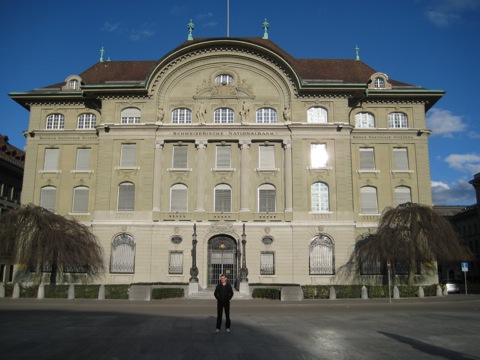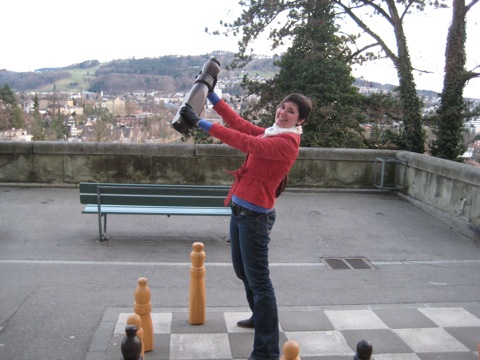For some people this post can be controversial. I added a category “controversial” to my blog for people who prefer to filter it.
We start a imaginary experiment where we start with a bottle filled up with food and room left for exactly two worms. We assume worms replicate at a doubling time of one minute. We observed in a previous experiment that the bottle is filled up in exactly one hour. They eat the food as they double themselves, etc (use your imagination).
At 11’O clock in the morning we place two worms in the bottle. At what time will the bottle be full (easy)? At what time will the bottle be half full? At what time is the bottle only 3% filled up?
Humans have a global population growth of about 1.2% per year. It’s about 1% in wealthy countries and about 2-3% in poor countries. If you want to calculate a doubling time you take 70 and you divide it with the growth percentage. Which means that at our current growth rate, we’ll double our total population in 60 years.
In 1950 we were with about 2.7 thousand million people, in 1990 we were with 5 thousand million people. In 2050 we will be with 10 thousand million people. Infinite growth isn’t possible with finite resources. In 2400 years, at current growth rate, the earth’s mass will in theory be roughly equal to the total amount of human flesh.
The main question is, how big is our bottle? Let’s go back to the worms. For the worms the bottle is about 3% filled up at 11:55. It’s half full at 11:59. It’s overpopulated at 12:00. When three new bottles are found and pipes are connected with the first, the three new bottles will be filled up at 12:02. After that will four new bottles be filled up at 12:03. After that you need eight new bottles to survive minute 12:04. In minute 12:05 it starts getting crazy proportions.
Even if our bottle is only 3% filled up now, then still at our retirement age we will inevitably be at 50% capacity. During those retirement years we’ll see the population grow at an enormous speed to maximum capacity within a few years.
I’m among the people who believe that we’re already at 70% capacity of our planet. I think we have about 30 years of finite resources left: doubling the population to 10 thousand million people, is impossible (not unreasonable to think). Moving to another bottle will take us at least several more centuries of top notch space science (so this solution is not applicable). And that’s assuming we can leverage the resources of another planet. Moving to another star is simply out of the question unless we invent technology that allows us to let a huge mass travel at the speed of light (again, the solution isn’t applicable).
A solution that I have in mind? Genetically modifying newborn humans to have an annual fertility frequency and having their fertility enabled at a mature age. Instead of based on the phase of the moon would women be fertile only once per year. And instead of at the average age of 12 would women start becoming fertile at the average age of, for example, 25.
Is genetic modification immoral? Being an atheist I don’t have any believe system that forbids me to tamper with species. It’s indeed still immoral because we don’t know what we are doing, yet. No, morality is not divinely injected by a God. Atheists are born with morals, too.
But if we have to choose between living with each other under the condition of having insufficient resources, or making a change to our species, I know which of the two I will prefer.
Now, if you do believe in a God, then you must also acknowledge that your God’s intention was for us to become intelligent enough to genetically modify our species. If not, why ain’t it stopping us? We, for example, have successfully been genetically selecting dogs for centuries. And we have started genetically modifying them (active modification: interfering with the egg and sperm cells).
Mankind will have to open this difficult discussion sooner or later.









